Do Lures With Chartreuse Tails Catch More Fish? [Lure Experiment]
- By: Pat Ogletree
- on
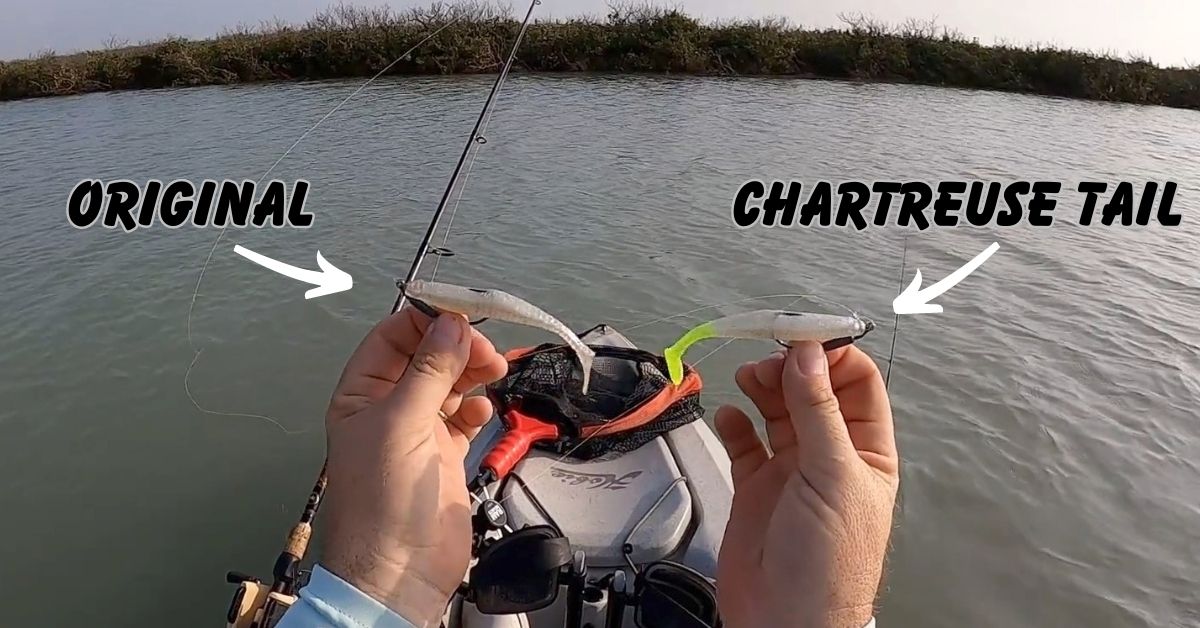
I recently tried out a little experiment to see if lures with chartreuse tails catch MORE fish than those without.
What do you think caught more fish? Will a lure with a different color tail perform better or worse?
Find out the results of the experiment below!!
Do Lures With Chartreuse Tails Catch More Fish? [VIDEO]


Set Up For The Mulligan
- Lure: Slam Shady Mulligan
- Hook: 3/0 Hoss Helix Hooks 1/8 oz.
- Rod#1: Star Seagis 7’6″ ML
- Rod #2: Star VPR 7’6″ ML
- Reel: Daiwa BG MQ 2500
- Mainline: Daiwa J Braid Grand 10 Pound Grey
- Leader: 20lb Ande Monofilament Leader
- Scent: Dr. Juice ®️Saltwater Slam Scent
- Dye: Spike It Dip-N-Glo
➡️To Buy The Slam Shady Mulligan Click Here
With the recent success of the Mulligan, I wanted to see if a color change had a major impact on its performance.
I took two Slam Shady Mulligan lures and decided to dye the tail of one of them a chartreuse color.
So I made 5 casts with one lure and then 5 casts with the next to see which would catch more fish, all else being equal.
I didn’t have two of the exact same rods but I got as close as I could.
The rods used in this experiment are both from Star Rods but one is a Star Seagis and the other is a Star VPR.
However, they are the same length and have the same rod ratings that create nearly identical action.
Both rods were outfitted with the Daiwa BG MQ 2500 including the same exact line and leader.
There really isn’t one distinguishing factor over the other in this test.
On-The-Water Observations
The day started off super quiet until I was able to reel in a small redfish on the chartreuse tail Mulligan.
I then hooked into a redfish of the same size with the regular Mulligan lure without additional color.
So I dropped down the anchor pin to thoroughly work the area closely.
Most of the fish I caught to start were in the smaller size and the score was roughly even until I hooked into a much nicer fish.
The final score: 4 fish for the original Mulligan and 2 fish for the chartreuse-tail Mulligan.
This is not the end-all final decision of one being better than the other, however, it is useful information.
After performing this same experiment a few times before, I was surprised to see the original lure edge out the chartreuse tail.
This is another great example of if whatever you are doing is NOT working, then you need to make a change!!!
The Mulligan is one of our newest lures and it was designed to cast further than any lure you currently have in your tackle box.
Not only that, but the dimples all around the body of the lure help increase casting distance and appear as scales underwater.
A smooth golf ball won’t go as far as one with dimples as is the case with the Mulligan Paddletail.
This lure is not available with chartreuse tails in the shop just yet (I used lure dye to change the tail color).
I will definitely try this out again throughout this year to collect more data and reach definitive conclusions.
Please go ahead and let me know what you think of the results down below!!
Have you tried a similar experiment for yourself on your own trips?
Finding The Fish Help
In order to help make sure that you are targeting the right areas based on the latest feeding trends and upcoming weather forecasts, make sure to use the following 3 resources because they will save you a ton of time.
1. Weekend Game Plans (updated weekly)
These regional game plans will show you exactly what types of spots to target in under 10 minutes… just click the video to start, and you’ll be informed on what to do on your next trip.
2. Smart Fishing Spots Platform (updated every 15 minutes)
This exclusive software literally shows you where the most fish are likely to be feeding based on exactly when you’ll be fishing. It factors in the tides, wind, and weather to help you quickly see which areas to target throughout the day.
3. Community Reports (live feed)
The Insider Community platform is what you can use to see what is biting near you, and you can get to know other members who fish in your area. Plus, you can use it to keep a log of your catches so you can use past trips to help predict future catches.
Related categories:
STOP WASTING TIME ON THE WATER!
Do what the “SMART ANGLERS” are doing and join the Insider Club.
Here’s what you’ll receive today when you join:
- Weekly fishing reports and TRENDS revealing exactly where you should fish every trip
- Weekly “spot dissection” videos that walk you through all the best spots in your area
- Exclusive fishing tips from the PROS you can’t find anywhere else
- Everything you need to start catching fish more consistently (regardless if you fish out of a boat, kayak, or land).
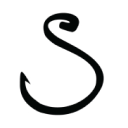
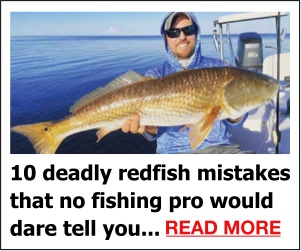


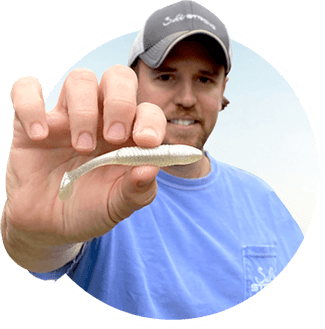
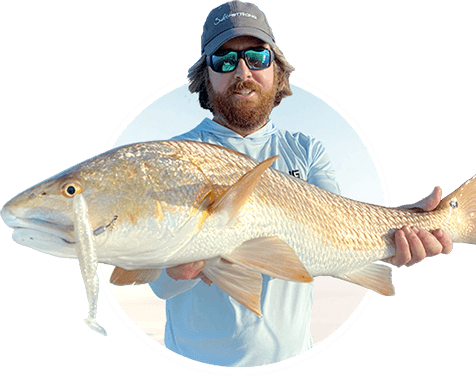
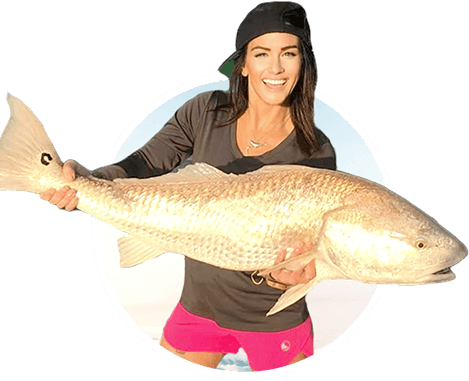
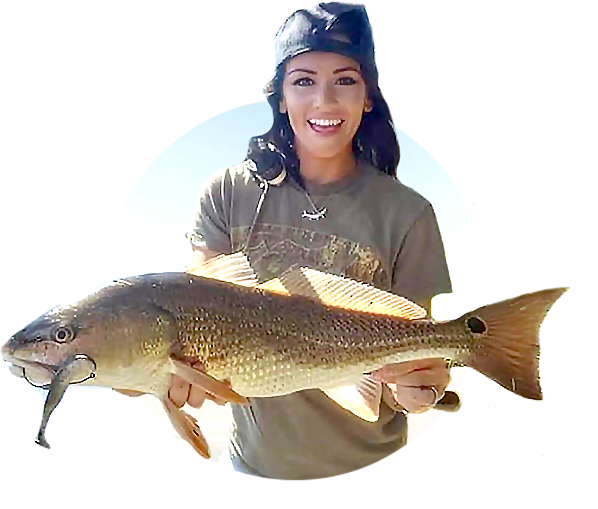
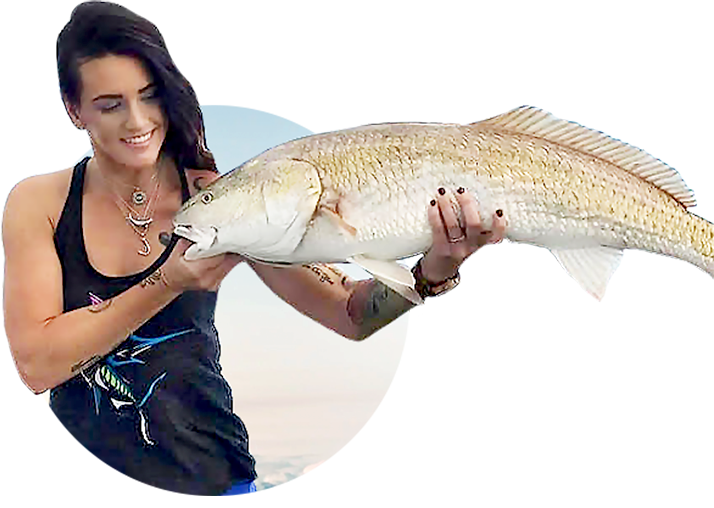
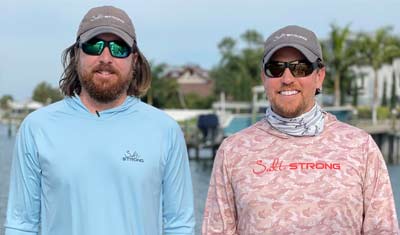
My two favorite colors are glow and chartreuse. Chartreuse has always worked better for me, especially in freshwater during the spring months of bass fishing.
Definitely and interesting experiment. So far I have had my most success of the mulligan lures in the Alabama leprechaun color. I know water conditions affect what colors should be worked, but it seems to have the most success regardless of where I am so far.
Very Interesting, Pat! One has to wonder if the chartreuse is something the target fish don’t see in their prey; not many minnows, small fish have that color on their tails. The difference may cause hesitation whereas the silvery-white Slam Shady has the color (nearly) of many baitfish. Maybe in deeper water, the chartreuse color would morph due to decreased and different spectral levels of light. Supposedly, fish eyes are trichromatic, like ours. Some can see UV. Who knows what that chartreuse looks like with UV vision? Here’s a good write-up on the subject.
Then again…what works works!
Pat – I enjoy the experimentation videos. Always interesting. Just goes to show the bait preference can change. Just when I think I have it dialed in the fish decide otherwise. Keep up these comparative experiments!
Nice article and great experiment. thanks for sharing.